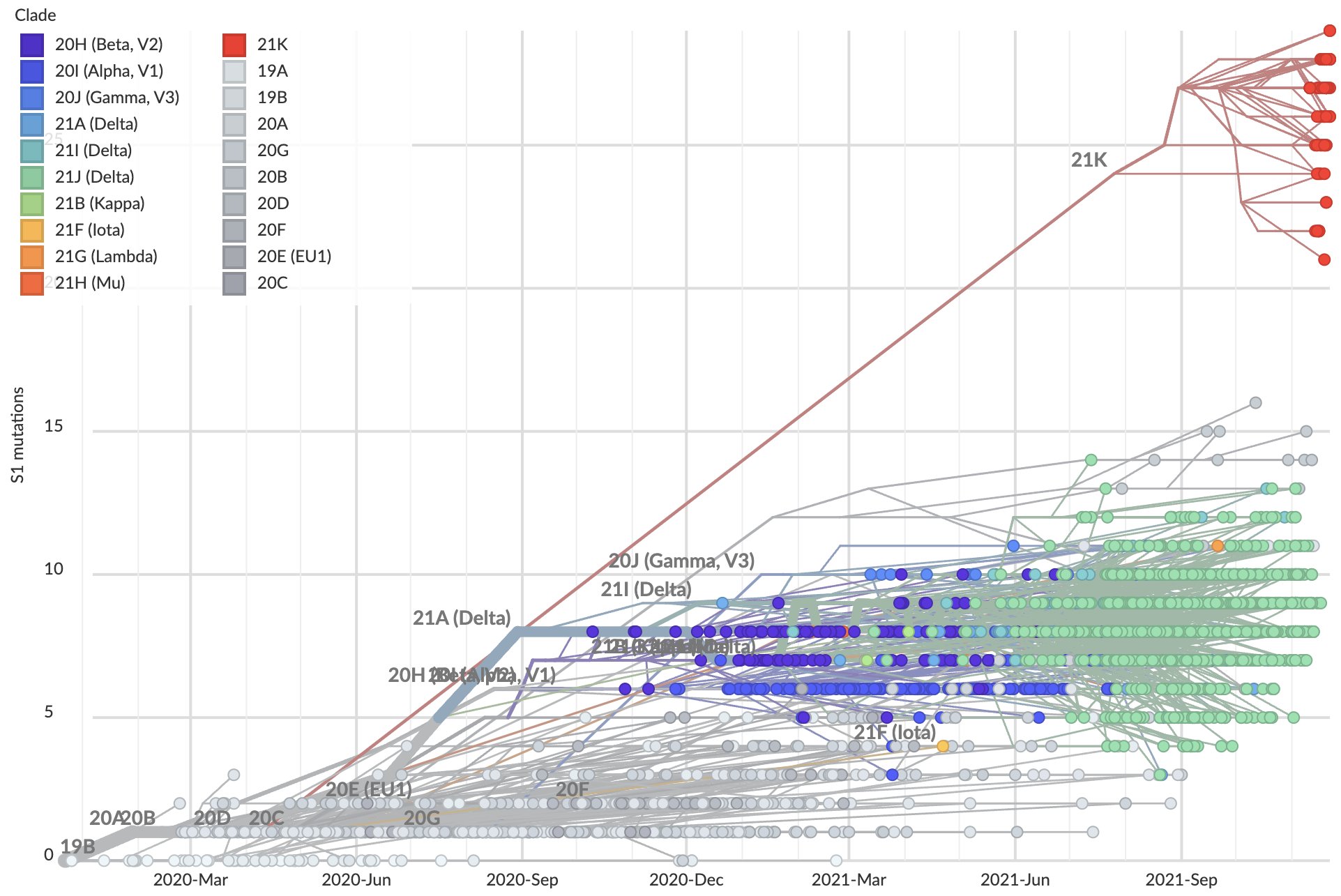LARulz
Full Member
- Joined
- Dec 21, 2009
- Messages
- 18,479
Omicron is almost a different disease that we're dealing with.
The more widespread Covid is, the more it mutates. And the more it mutates, the more difficult it is to pin down and eradicate with targetted treatment.
The 'end' is to try and bring down the numbers so that mutations become less frequent. Once that happens, we can deal with a single enemy rather than multiple ones that can keep evading our traps.
The light at the end of the tunnel is that Omicron is so different from the rest that if we can deal with that, we can hopefully deal with anything.
Thanks. I know it's early and I imagine everything now is a better safe than sorry approach but last I heard (may be out of date) was that this variant is, for the most part, less harmful compared to others. But is clearly quicker to spread. Is that ultimately not what people kept saying is ideal? Faster to spread and become dominant but less harmful?
I understand the less harmful nature comes from people being vaccinated and having antibodies, so it's not the same for everyone but still
Sorry if these are dumb questions covered before but just wanted to understand what I'm missing to see a bigger picture




